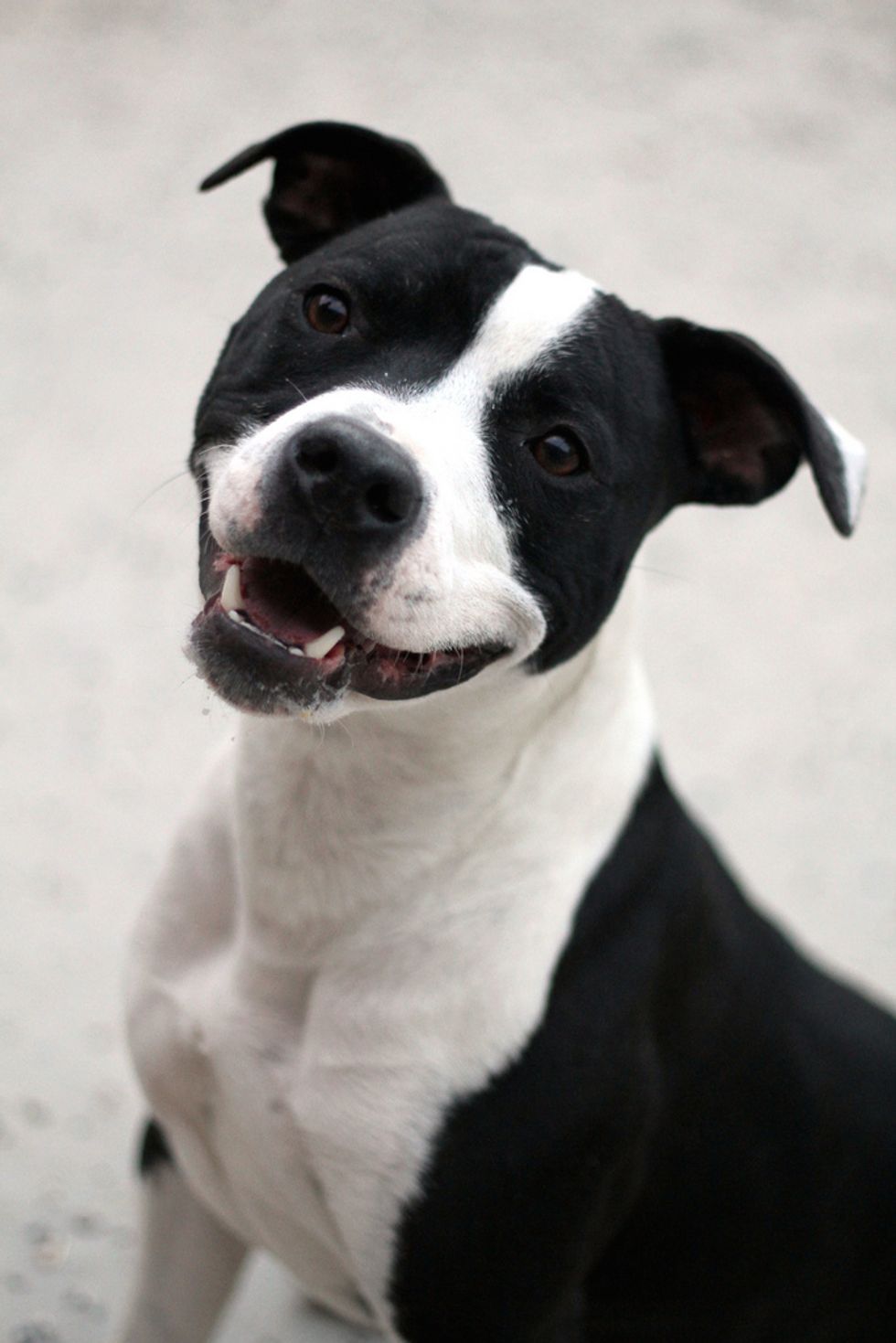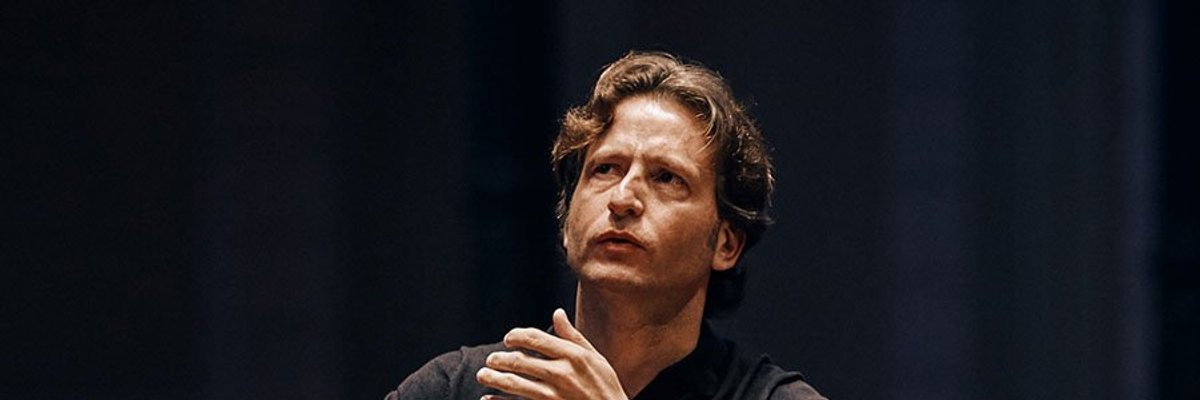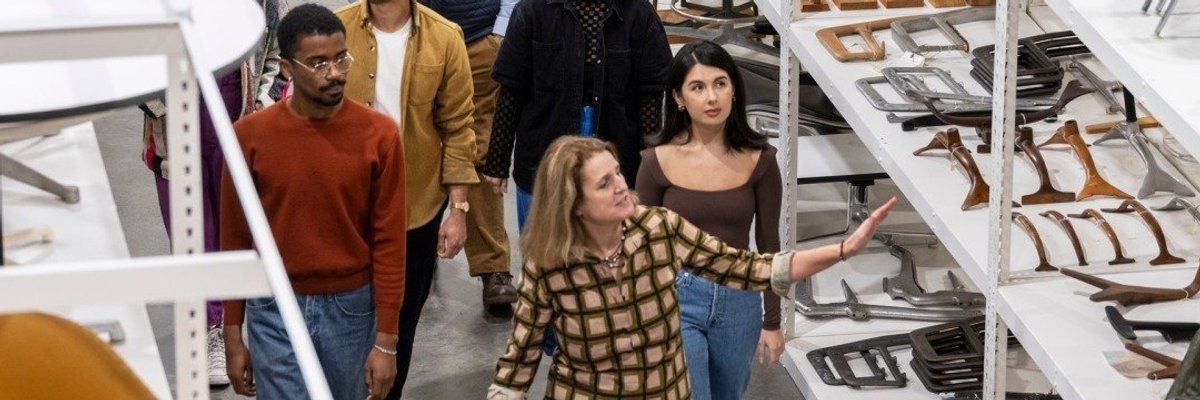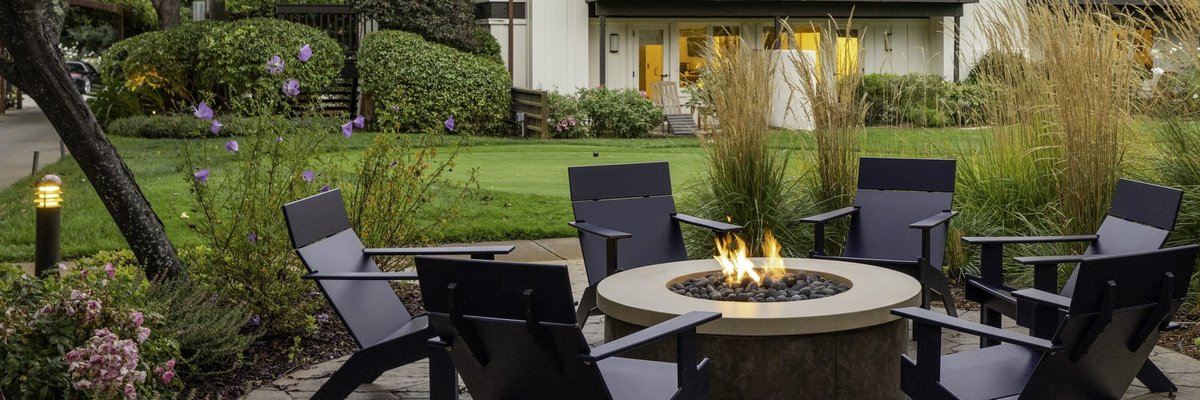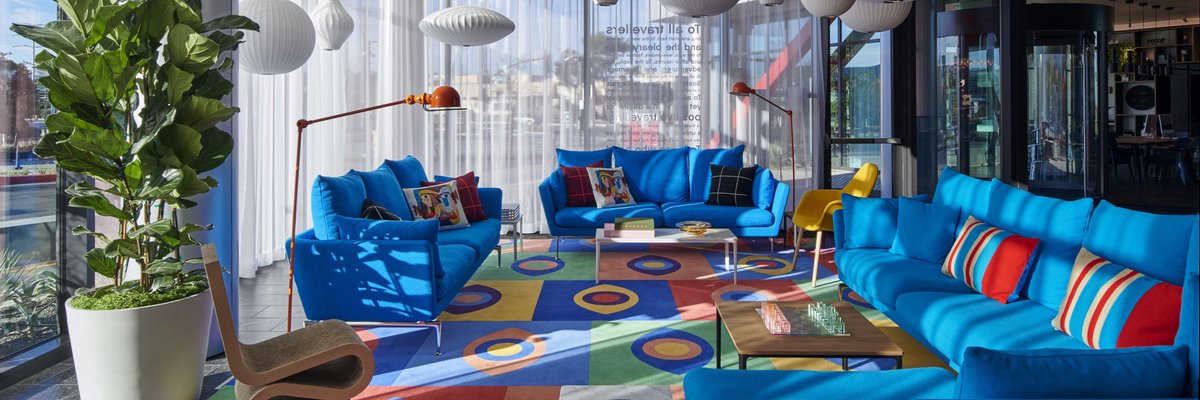Welcome to our weekly 'Ask a Vet from the SF SPCA' feature on 7x7.com. Dr. Jeannine Berger, DVM, DACVB is a board certified veterinary behaviorist who counsels guardians whose pets’ issues are beyond the scope of training. Think of her as a pet shrink…at your service. Ask your own questions in the comments!
Q: I recently moved out of my mom's house into my own apartment. My German shepherd adjusted just fine, but my 9 month old pit bull did not. He has begun he peeing in the house. After he pees in the house, he will run or hide. I'm assuming he knows what he did was wrong, though he will pee right in front of me. I don't know what to do–it's become a daily habit for him.
A: Thank you for your question. It is a common behavior problem in young dogs after a move or change in routine to revert to pre-house training behaviors. You will need to reboot and start training as you did when he was a puppy to distinguish this new apartment as "home." What you did before was establish your mom's house as "home," so it was off limits for soiling. DO NOT punish him, as this makes him only more nervous about you and the new environment.
Also make sure he is physically well. Have him checked out by your veterinarian. GI upsets can lead to mistakes and urinary tract issues can also lead to house soiling. All these problems can arise from a move or stress.
There are four main points to house training you have to keep in mind at all times:
1. Keep a good routine and scheduled bathroom breaks. Take him out on a regular basis
2. Confinement and supervision: Make the area small enough for him to consider it as his "den"–if he soils his "den" now, but has not done that in the past–check him for medical problems
3. Reward him every single time he goes outside.
4. Watch and supervise him like a hawk and when he is getting ready, take him outside immediately.
Keep in mind that even the smartest, best-trained dog can have accidents, especially when getting used to a new home. The best thing is to give your dog the benefit of the doubt and treat your new dog like a puppy for the first weeks, at least when house-training is concerned. The key to success is to use a dog-proofed area and/or a crate if he is used to a crate.
If you catch your dog making a mistake, interrupt him without being too harsh, then hustle him outside to finish. If he finishes there, praise and reward him. Punishing your dog for accidents can make him afraid to go in front of you.
After two or three weeks with no accidents, give your dog access to one extra room of the house and supervise closely. If your dog is still accident-free, add another room every two or three weeks.


